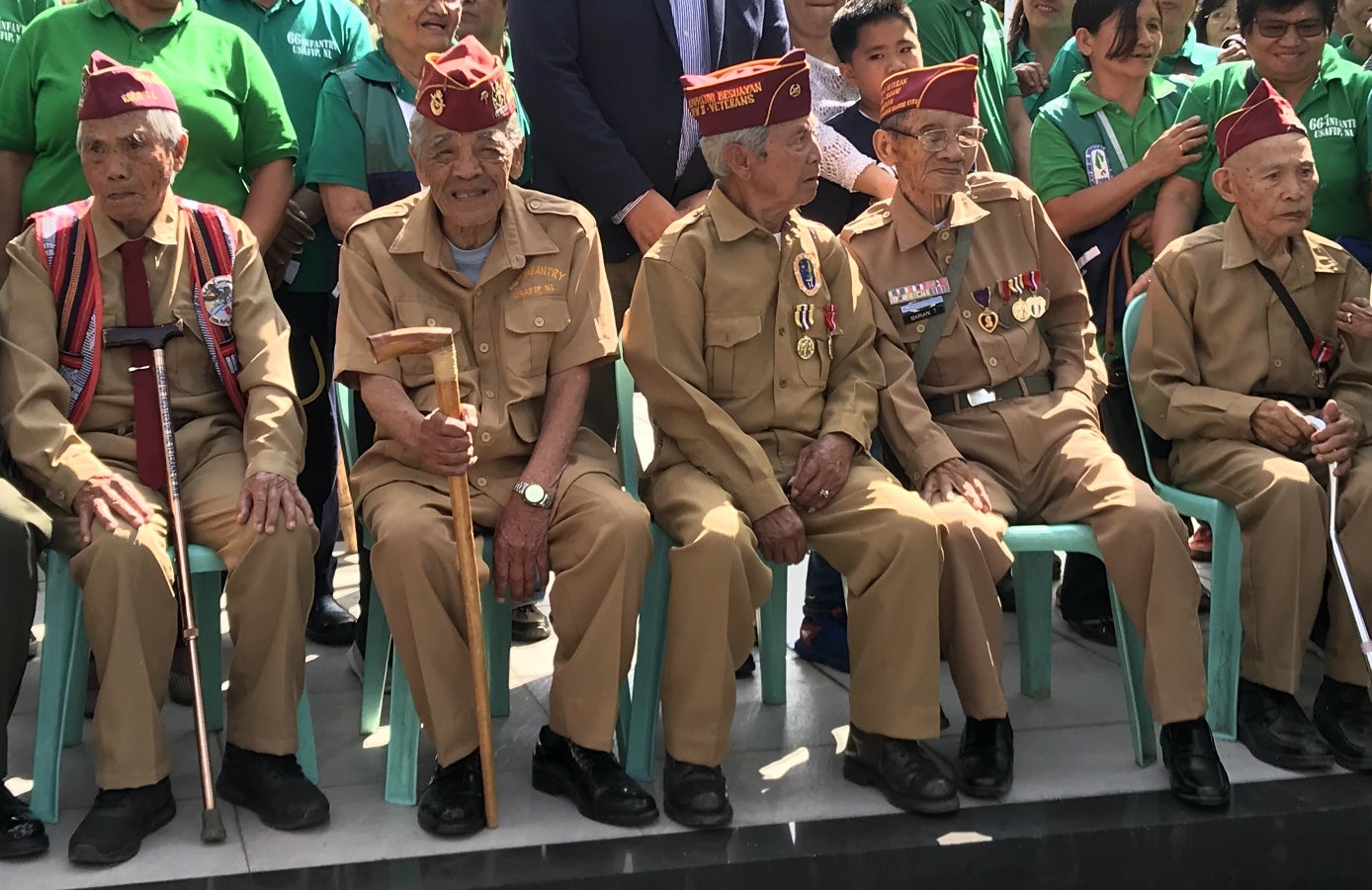VOICES OF TRUTH
A Final Salute to Our Heroes: The Filipino Veterans Family Reunification Act as a Vindication of Sacrifice
By Atty. Arnedo S. Valera
The passage of the bipartisan Filipino Veterans Family Reunification Act is more than just an immigration reform—it is a long-overdue corrective measure for a historic betrayal. It is a vindication of the rights of Filipino World War II veterans, who, despite losing their legal battle in U.S. courts in 2013, never ceased fighting for the recognition and benefits they were promised. This Act is not merely a matter of policy; it is a moral reckoning, an acknowledgment that America must honor its word to those who bled for its freedom.
A Legacy of Betrayal and Injustice
More than 260,000 Filipinos fought under the American flag in World War II, believing that their sacrifices would be rewarded with the same rights and benefits as their American counterparts.
But in 1946, the Rescission Act shattered that promise. Overnight, these brave soldiers were stripped of the benefits granted to other Allied troops.
In 2009, a small victory was won: the Filipino Veterans Equity Compensation Fund, granting a one-time payment of $15,000 to veterans in the U.S. and $9,000 to those in the Philippines.
In 2013, the Ninth Circuit Court of Appeals delivered a final legal blow.
Yet, their fight did not end in that courtroom.
A Long-Awaited Victory: Reuniting Families
Though many veterans have since passed away, this Act ensures that their sacrifices were not in vain.
Under current immigration law, their children were placed under the Family-Based Second Preference (F2B) visa category, subjected to per-country limits that resulted in wait times of 20 to 30 years.
The Filipino Veterans Family Reunification Act corrects this injustice by exempting their children from numerical visa caps, allowing them to immigrate immediately.
This aligns with past U.S. corrective measures, such as the Cuban Adjustment Act and the Vietnamese refugee programs, recognizing that America has a duty to those who stood by her in times of war.
A Moral and Legal Imperative
This legislation is about more than just visas—it is about honoring a generation that was wronged.
I recall sitting with aging Filipino veterans, listening to their stories—of comrades lost, of post-war hardship, of promises made and broken. Some still clutched their faded military documents, desperate for someone to believe them.
Let this be our reminder: when we fight for what is right, we do not fight alone, and we do not fight in vain. The resilience of these veterans is their greatest legacy, and the Filipino Veterans Family Reunification Act is their final victory.
As the last of these heroes fade into history, let us ensure that they are remembered not as victims of injustice, but as warriors who never stopped fighting—until the very end.
About the Author:
Atty. Arnedo S. Valera is the executive director of the Global Migrant Heritage Foundation and managing attorney at Valera & Associates, a US immigration and anti-discrimination law firm for over 32 years.

Comments
Post a Comment